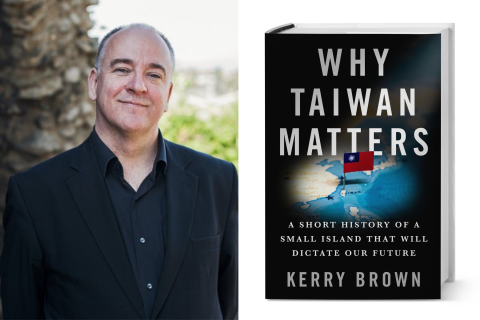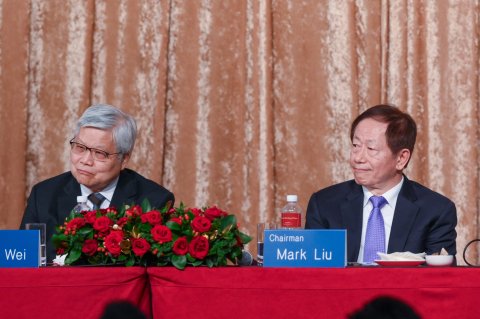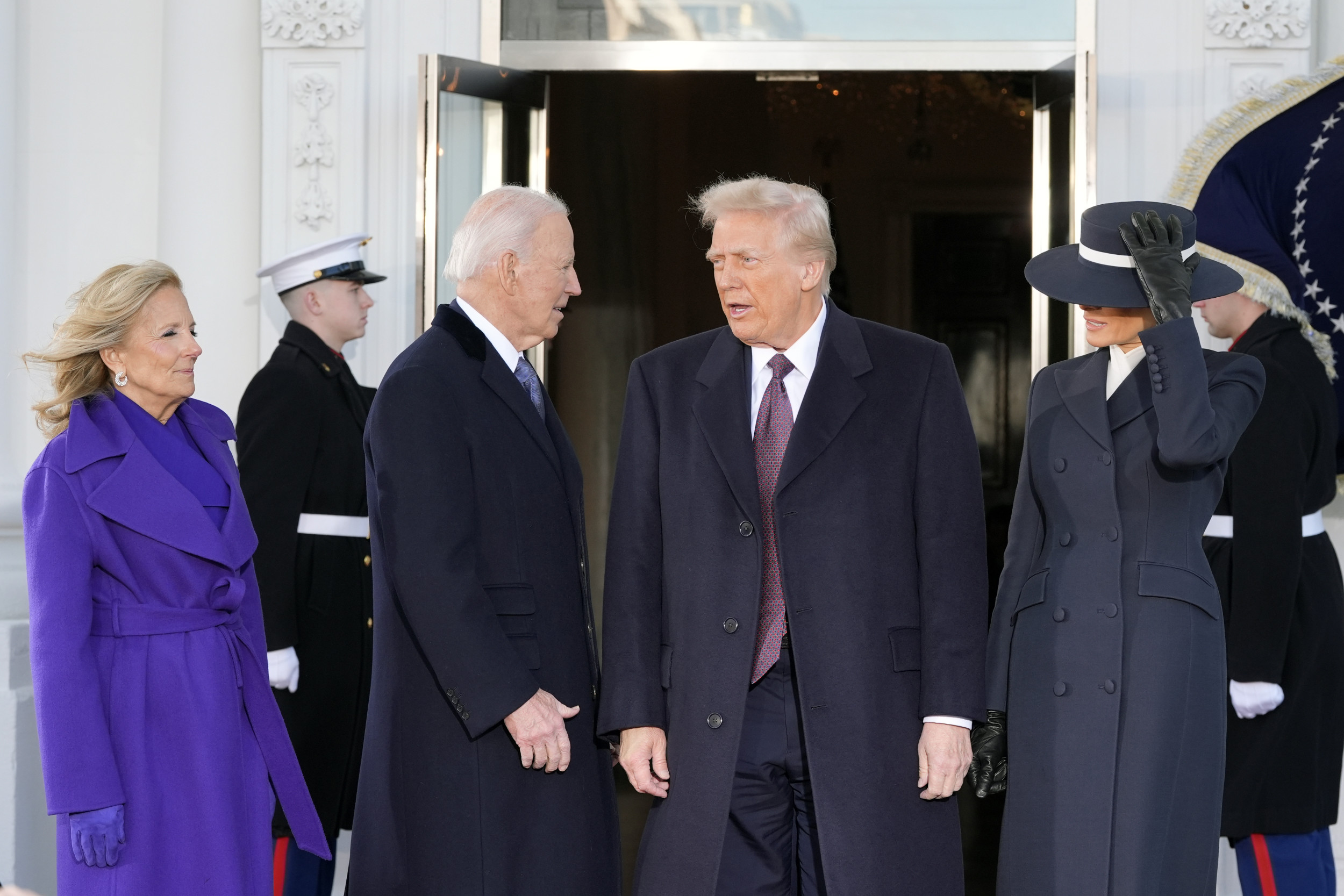Taiwan, a former province of China and an international force in semiconductor manufacturing, could very well be a powder keg for global strife if China attacks the island nation, asserting its "One China Policy." An invasion by China could force a conflict the likes of which haven't been seen since the Second World War, argues author Kerry Brown. In this Q&A, the professor of Chinese Studies and author of Why Taiwan Matters: A Short History of the Island That Will Dictate Our Future (St. Martin's) highlights the catastrophic ramifications of a potential China-Taiwan conflict, which factors play a role in heightening tensions and what America can do to avert economic crisis.

Newsweek: How might the Trump administration's policies affect the China-Taiwan relationship?
Brown: Donald Trump in 2024 was not consistent on Taiwan. [For Trump], Taiwan is part of a larger negotiating strategy. Taiwanese leaders will need to deal with the incoming administration with caution. It will have people who are ardent supporters for its greater autonomy and recognition. But these do not include Trump himself. He is far less interested in the support of a fellow democracy and far more in how he can construct a deal with its authoritarian neighbor.
What key factors will influence the China-Taiwan relationship in the next decade?
The main factors on both sides are already well in position. For China, the continuation of a strongly nationalist and populist domestic politics, almost certainly led by Xi Jinping for the foreseeable future, means that the country will continue to seek improvements in its global status and evidence that it is, once more, a major country sitting as equals of the U.S. Resolving the Taiwan issue therefore will continue to be a priority. It will continue to seek opportunities to deny Taiwan international diplomatic space and will respond strongly to any attempts, particularly by the U.S., to give Taiwan a greater global role and some level of recognition.
For Taiwan, the deeper sense of identity and difference will mean that almost all Taiwanese will see themselves as different to the residents of China across the Strait. They will continue to recognize the problems of trying to assert their independence too much, and the catastrophe if this results in a full-out Chinese attack.
But nor will there be any move toward reunification. Taiwanese will continue to support the status quo for lack of any better option and will continue to be concerned about the strengths of their own domestic economy and their quality of life.

If China does attack Taiwan, what do you see as the most immediate concerns for the global economy?
Geopolitically and economically, a Chinese attack on Taiwan, either militarily or in terms of a sustained blockade, will herald in a new world—one where China will be unambiguously painted as an aggressor and where the U.S. and its alliance system will either directly or indirectly have to delink from it. This will place the global economy in immediate, profound turmoil. It will have a massive impact on manufacturing supply links, on finance and on access to markets, across the region and the rest of the world.
Any attack on the island will immediately impact the supply of high-tech semiconductors. That will have knock-on effects on the manufacturing of a range of goods from smartphones to medical equipment and other technology devices globally. A China-Taiwan war will not be like the Russian war on Ukraine. China is a far, far larger economy than Russia's and far more integrated into the global system. Any conflict therefore will have an immeasurably larger impact—and over everyone on the planet, not just the two principal actors involved.
How would a conflict between China and Taiwan affect the security dynamics in the Asia-Pacific region?
A China-Taiwan conflict will spread a vast and deep shadow over not just the immediate region but the rest of the world. It will have a profound, long-term impact, because it will see the ushering in of the era where China can be seen not as a potential security threat, but as an actual and active one. Neither China, nor the world, knows what a China at war in the contemporary situation looks like. It is unlikely that the U.S. will be able to stand aside, too, while a democracy is attacked, even if it might not wade in directly, because to refuse to do so would cede massive regional authority to China and largely mean that the South China Sea area, so important to supply lanes, would be under Chinese control. A conflict between China and Taiwan therefore will, by its very nature, be a global conflict and pitch the U.S. and China against each other.
What measures can the U.S. take to mitigate the risks associated with its reliance on Taiwanese semiconductors?
America is trying to diversify supply and to relocate production back to the U.S. The main issue however is that Taiwan has built up a hugely complex supply chain, involving something like 420,000 components, to support its semiconductor business. America is trying to address this dependence, but it will take time.
How can the international community support stability and peace in the Taiwan Strait?
The international community should support the status quo, pragmatically acknowledging that neither for Taiwan or China are there conditions currently that show any possibility of them resolving their differences. Since the 1970s the One China principle, with some subtle variations, has been the main means by which the outside world has managed this issue without it spiraling out of control. That framework is in many ways scrappy and frustrating—but still remains the best option in view of all the others. Attempts to be adventurous on Taiwan policy by according it a higher level of recognition are fraught with danger and carry immense costs if they are seen by China in such a way that it does decide to take action. A China-Taiwan conflict will be unlike any other conflict seen since the Second World War and [will] cast a global shadow. Sticking to the current policy of strategic ambiguity is the best posture. There is currently no other viable option.
To read how Newsweek uses AI as a newsroom tool, Click here.




















 English (US) ·
English (US) ·